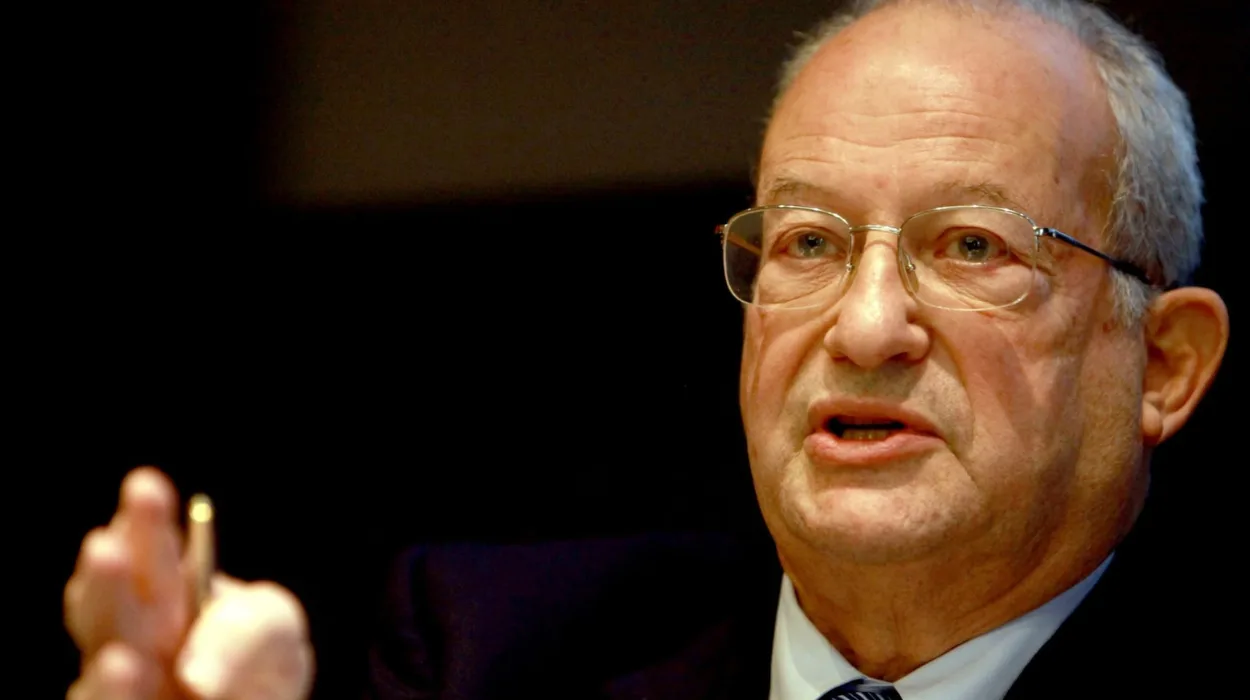UK (Parliament Politics Magazine) – The Institute for Government, funded by Lord Sainsbury, urges Labour to raise taxes on the middle class rather than the wealthy to cover a £30bn budget gap.
As reported by The Telegraph, Chancellor Rachel Reeves faces calls from a Labour donor’s think tank to raise taxes on the middle class rather than the wealthy.
What did the Institute for Government say about taxing the middle class?
The Institute for Government, funded by Lord Sainsbury’s Gatsby Foundation, suggests altering Labour’s tax pledge on income tax, VAT, or National Insurance may be the least damaging way to fill a £30bn budget gap.
The think tank said targeting only the wealthiest to fill the budget gap could be risky and challenging amid backbench calls for a wealth tax.
The Institute for Government said tax hikes should instead target those with average incomes.
Lord Sainsbury’s think tank warned that the wealthy are more mobile than average workers, and even a few moving abroad could reduce tax revenue.
They said an “unrealistic approach to tax” before last year’s election forced the Chancellor to consider a mix of tax measures, complicating Britain’s tax system.
What did Tom Pope say about the Chancellor’s tax plans?
Tom Pope, deputy chief economist at the Institute for Government, stated,
“This autumn, the Chancellor finds herself in a difficult position. With tax rises all but inevitable, she should reject the path of least resistance, often taken by her predecessors, of raising taxes in an inconsistent way based on what seems easiest.”
He added,
“Instead, now is the time to commit to tax reform and lay out an agenda on tax that fits with her broader growth objectives.”
What did Paul Johnson and Rain Newton-Smith say about taxes?
Paul John, ex-head of the Institute for Fiscal Studies, called on Rachel Reeves to hike the basic income tax rate.
Rain Newton-Smith, chair of the Confederation of British Industry, added, “When the facts change, so should the solutions.”
What did the Resolution Foundation urge Rachel Reeves on taxes?
The Resolution Foundation urged the Chancellor to cut National Insurance by 2p to address revenue shortfalls.
The think tank said the plan would barely affect most workers but could raise £6bn by taxing pensioners, landlords, and the self-employed.
Adam Corlett, an economist at the Resolution Foundation, stated,
“Policy U-turns, higher borrowing costs and lower productivity growth mean that the Chancellor will need to act to avoid borrowing costs rising even further this autumn. Significant tax rises will be needed for the Chancellor to send a clear signal that the UK’s public finances are under control.”
He said,
“Any tax rises are likely to be painful but given the fallout from the recent employer National Insurance rise, the Chancellor should do all she can to avoid loading further pain onto workers’ pay packets.”
Mr Corlett added,
“She can do this by switching our tax base away from employee National Insurance and onto income tax, which is paid by a far broader group in society. This should form part of wider efforts to level the playing field on tax, such as ensuring that lawyers and landlords face the same tax rates as their clients and tenants.”
What did the Treasury say about protecting working people’s taxes?
A Treasury spokesman stated,
“We are protecting payslips for working people by keeping our promise to not raise the basic, higher or additional rates of income tax, employee National Insurance or VAT.”
They added,
“The Chancellor makes tax policy decisions at fiscal events. We do not comment on speculation around future changes to tax policy.”
How much could Rachel Reeves raise in the upcoming tax hikes?
The basic income tax rate remains at 20%, unchanged for decades, last increasing from 33% to 35% under Labour’s Chancellor Denis Healey in 1975.
Ahead of the November 26 budget, Rachel Reeves is set to propose tax rises, needing £20bn–£50bn to stabilize the public finances, experts say.
What links Lord Sainsbury and his family to Labour donations and influence?
The Institute for Government, founded by Lord Sainsbury and backed by his Gatsby Foundation, maintains strong ties to Labour.
The former Sainsbury’s chairman, Lord Sainsbury, started donating to Labour in 1996 and became a peer under former PM Tony Blair in 1997.
He resumed Labour donations under Prime Minister Sir Keir Starmer, giving £2m in 2023 after pausing during Jeremy Corbyn’s leadership.
Fran Perrin, Lord Sainsbury’s daughter, donated £500,000 to Labour in 2022 and gave Health Secretary Wes Streeting £20,000 in 2021. She has previously served as an adviser in the governments of Former prime ministers Sir Tony Blair and Gordon Brown.
Key facts about the wealth tax
Wealth tax is an annual levy on an individual’s net worth, applied to assets minus debts, aiming to reduce inequality and raise government revenue. It is rare today, with most OECD countries having repealed it.
Only a few European nations still implement it, including Norway, Spain, and Switzerland. Other countries with wealth taxes include France, Italy, Belgium, and the Netherlands.

